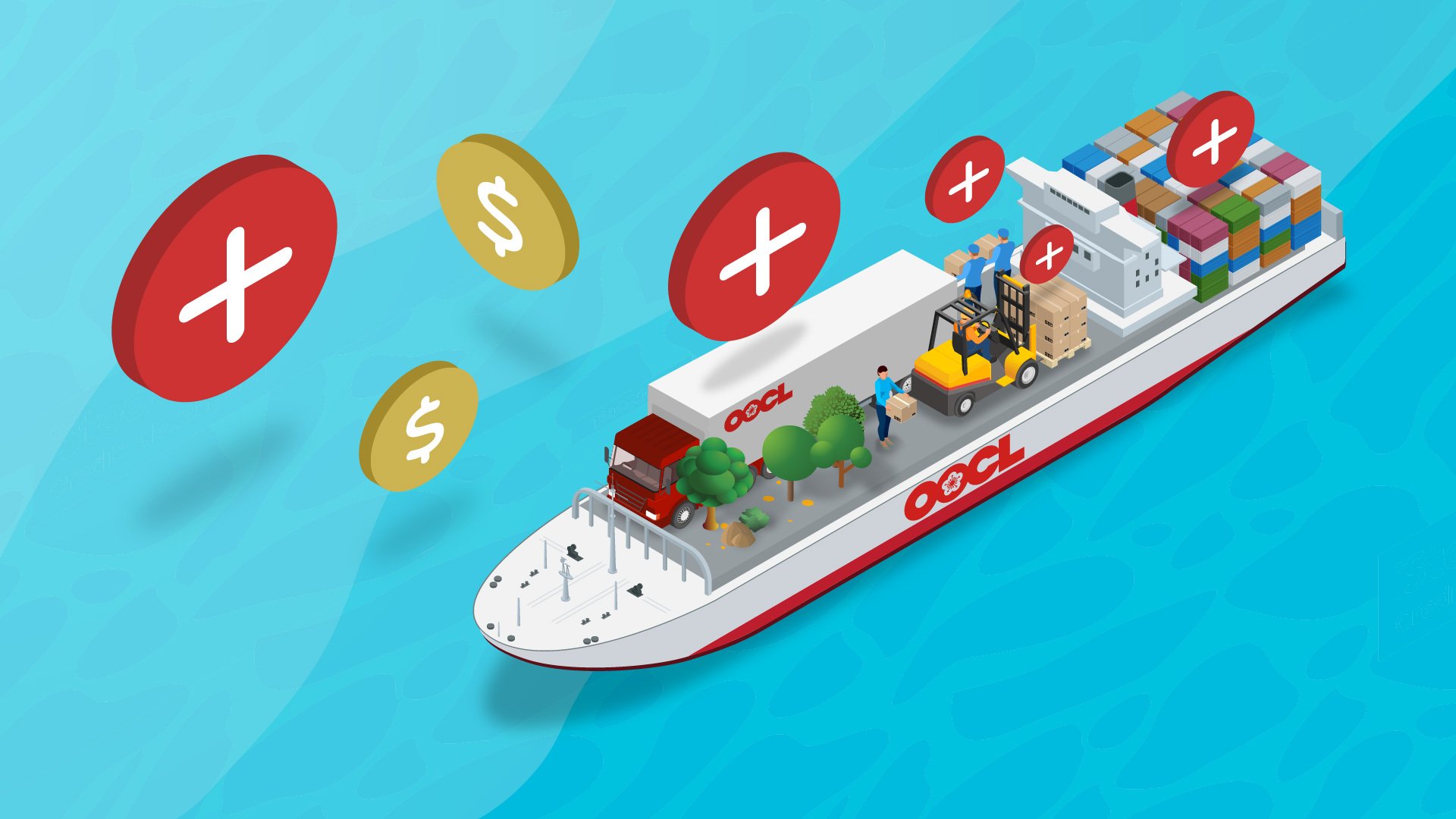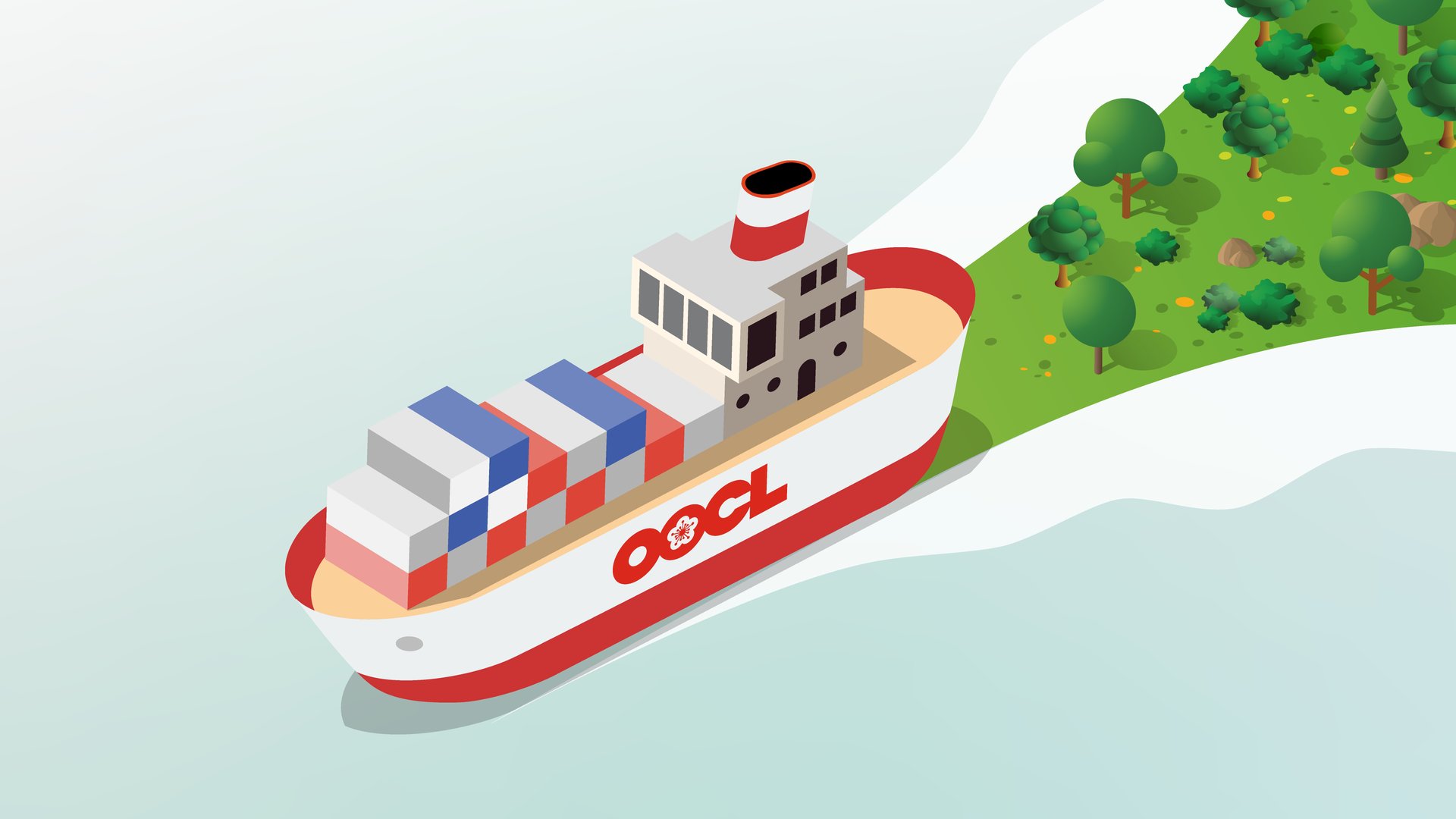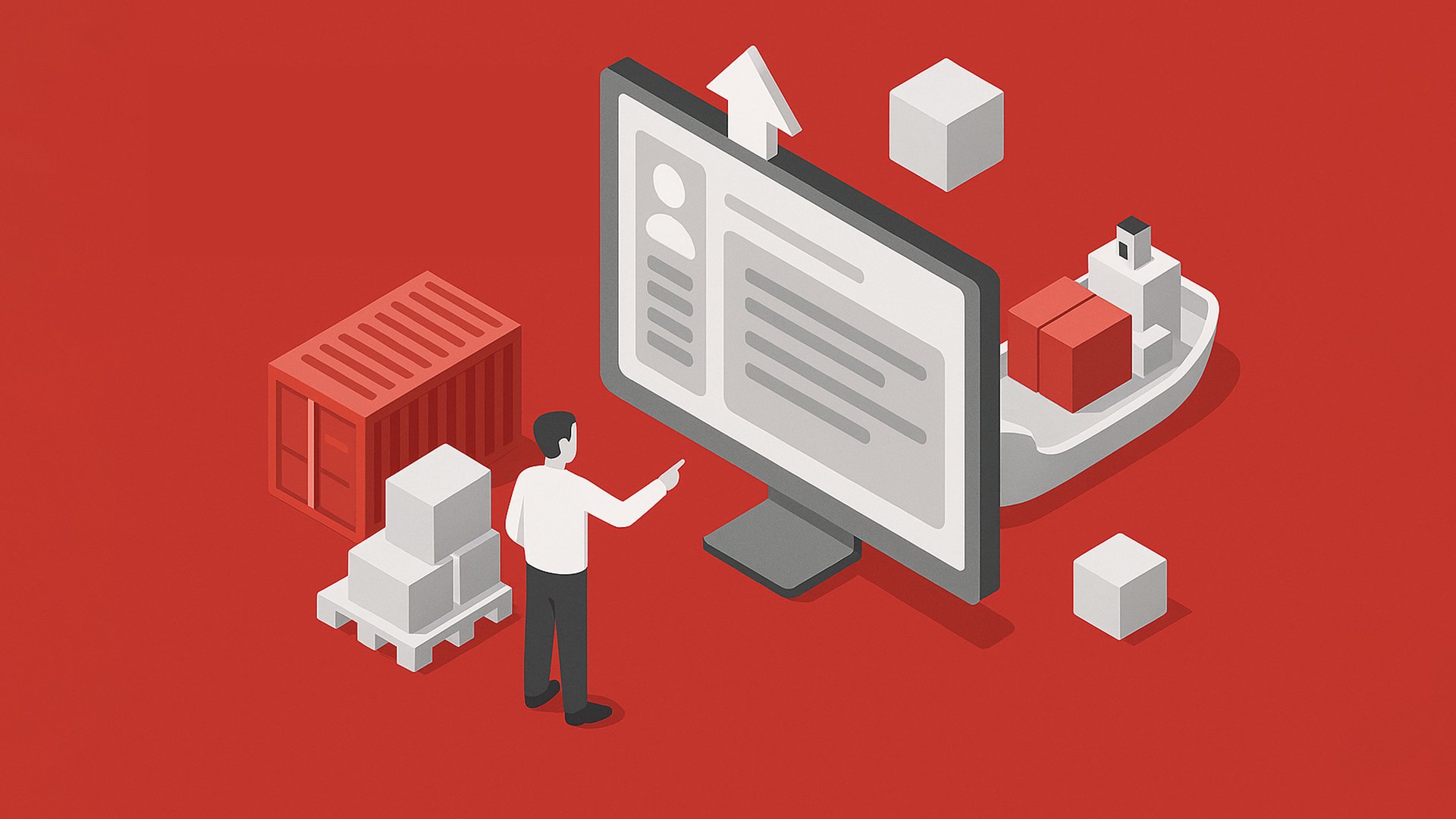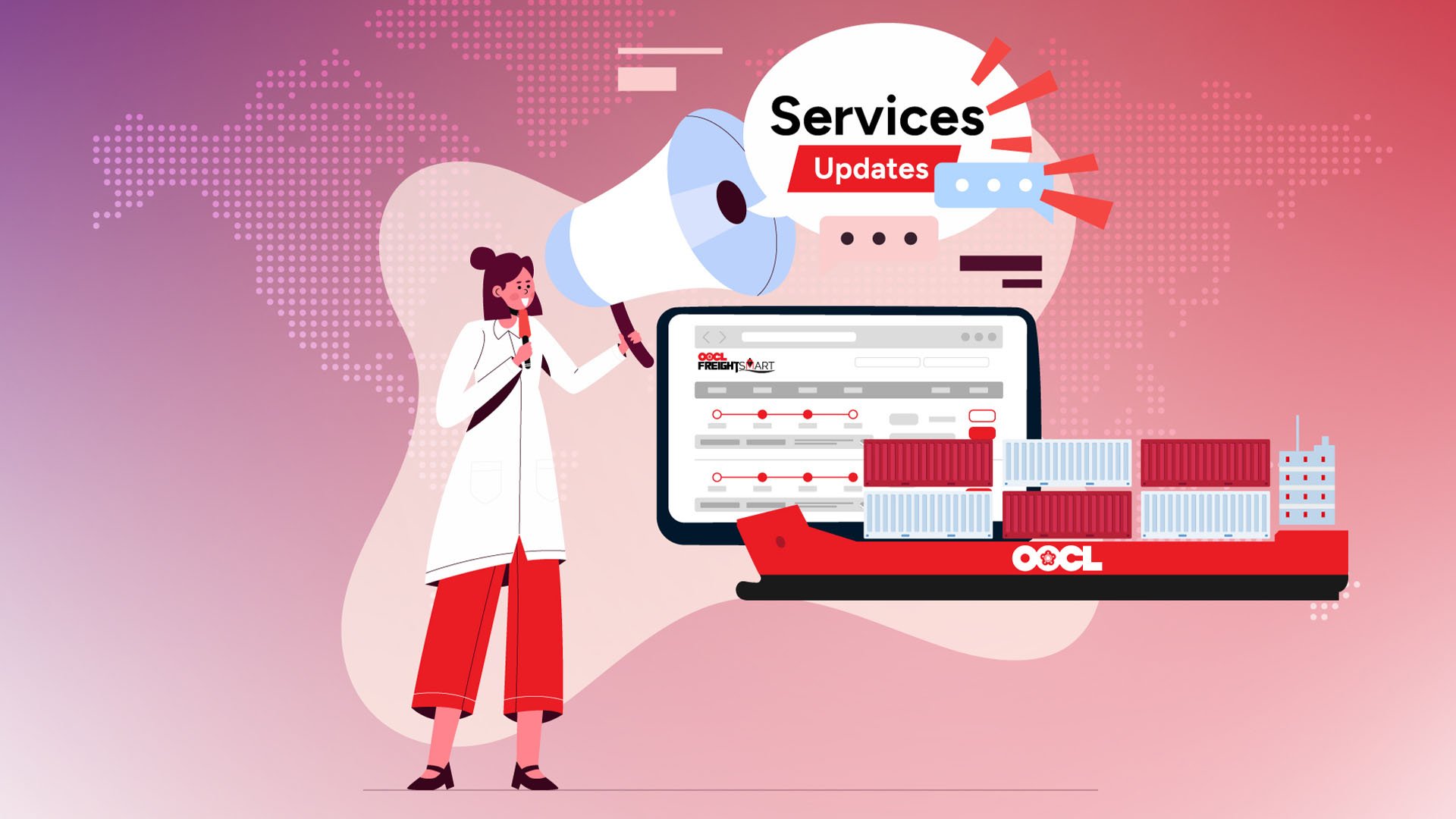What is Logistics Management?
Logistics is the process of planning, implementing, and controlling the movement of goods from one point to another, whether inbound or outbound, such as from the point of production to the point of consumption. Logistics management is the process of managing logistical activities such that this flow is organized in the most efficient and effective way possible.
Components of Logistics Management
Logistics management is comprised of various components, each of which plays a critical role in ensuring the smooth flow of goods and services.
-
Transportation – goods may be moved by various transport modes:
-
Ocean Freight refers to the movement of goods via sea for the transportation of bulk cargo, containerized cargo, and liquid cargo. Marine transportation also includes cargo movements via inland waterways.
-
Air Freight is the movement of goods by aircraft, either internationally or domestically. Because it is more costly than sea freight, it is mainly used for high value or urgent cargoes, such as airmail, electronic items, medical supplies, fresh fruit and flowers.
-
Inland Transportation covers the movement of imported goods from the port of entry to their final destination;, transportation of goods for export from the point of production to the port of embarkation; and the in-country movement of domestically produced goods.
-
Tracking is important, because monitoring the movement of goods enables the logistics manager to know the status of the shipment at any given time, and to take remedial action if problems arise.
-
Customs Clearance is the process of obtaining the necessary documents and approvals to allow goods to be imported or exported from a country. Customs clearance can be a complex and time-consuming process, but it is critical to ensure that the goods are legally allowed to enter or exit a country.
-
Warehousing is often required at various points along the supply chain, such as when waiting for a sailing date, consolidating goods from different points into a single shipment, or as a temporary measure between transportation modes.
Why is Logistics Management Important?
Logistics management is critical to the success of any entity that deals with or depends upon the movement of goods and services. Whether it is getting products to market, or ensuring the timely arrival of raw materials to the purchaser, effective logistics management is essential to meeting customer demands and expectations.
Businesses that implement efficient logistics management systems can gain a competitive advantage over their rivals, because they can typically offer faster delivery times, better customer service, and lower costs.
Tips for Successful Logistics Management
-
Have a Detailed Plan in Place: Your plan should include all the necessary steps involved in the movement of goods, and any dependencies between them. The more an event is anticipated, the easier it is to manage. Additionally, no matter how well you plan, things can go wrong, so it is important to have a backup contingency plan in place in case of unexpected delays or problems – for example, working with your logistics provider to identify alternatives if a sailing is unduly held up for some reason.
-
Centralized Information: Have all the information on hand, so you can quickly and easily access the information you need when required. This includes all necessary documents, shipping details, and tracking information.
-
Communication: Make sure that all parties involved in the movement of goods are aware of the timelines, requirements, and any potential problems that may arise.
-
Completing the Picture: There are many other matters which may need to be considered as part of logistics management. These include: the packing of the goods; handling methods to be employed; special requirements such as temperature-controlled storage; reverse logistics arrangements for returned goods; and security in transit for valuable cargoes. You need to ensure that no relevant detail is overlooked, so every cargo arrives on time and in perfect condition.
Monitoring and Measurement
By utilizing key performance indicators (KPIs) applicable to each step in their processes, logistics managers can identify areas for improvement and take corrective actions to optimize their logistics operations. Some commonly used KPIs for logistics management include:
-
Efficiency: Efficient logistics management ensures that goods are delivered to the right place at the right time. This helps to minimize delays, facilitate efficient inventory management, and reduce costs from late delivery such as lost production or sales and reduced profits. Variables used to measure efficiency may include on-time delivery, order accuracy, cost per order, lead time, and capacity utilization.
-
Customer Satisfaction: Logistics management plays a critical role in ensuring that customers receive their goods on time and in good condition. Feedback mechanisms such as simple post-purchase surveys or reviews can help assess customer satisfaction. Satisfied customers can help to build a positive brand reputation through word of mouth, higher ratings and loyalty.
By incorporating the strategies described and using appropriate metrics for performance assessment, businesses can streamline their logistics operations, satisfy their customers more efficiently, and improve their bottom line.







